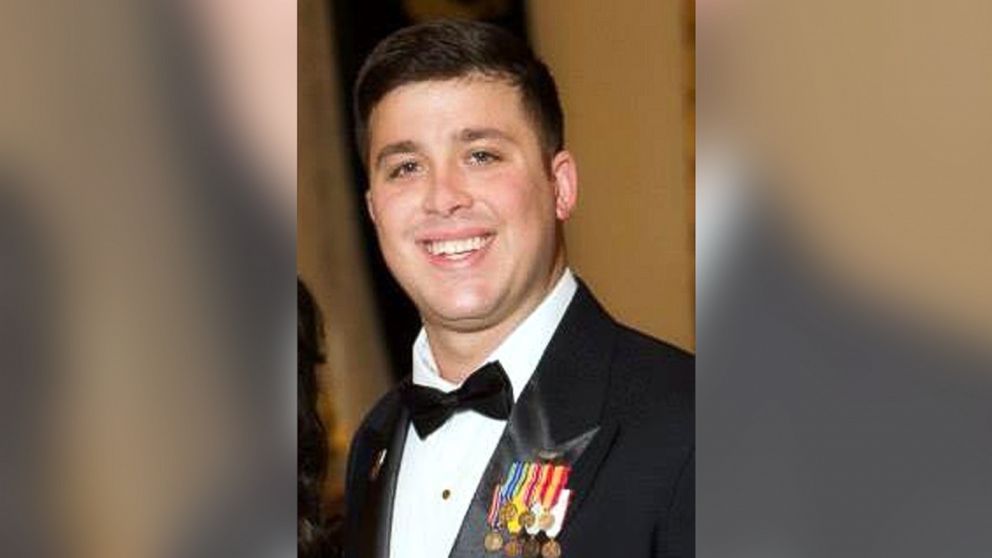Army Reverses Decision About Arlington Burial for Guardsman Killed in Helicopter Crash
Staff Sgt. Thomas Florich was killed in the crash off the coast of Florida.

— -- In a reversal of a controversial decision, one of the 11 service members killed in a Black Hawk helicopter crash off the Florida coast this past month will be allowed to be buried at Arlington National Cemetery.
The family of Staff Sgt. Thomas Florich, a Louisiana National Guardsman, had sought his internment at the nation's most hallowed burial site, just like one of the seven active duty Marines killed in the crash, but was denied because he was not active duty.
Florich was one of four Guardsmen flying a Black Hawk helicopter when it crashed into the waters off of the Florida Panhandle on March 10. Also killed were seven Marines who were being flown by the crew to practice nighttime maneuvers.
An investigation determined that the helicopter crashed because the Black Hawk’s pilots were disoriented by heavy fog that moved into their training area.
Florich's family appealed the cemetery’s decision to Army Secretary John McHugh who on Friday announced that he had approved an exception.
An Army statement said that after reviewing the Florich family's request, McHugh agreed that there was a "compelling justification for granting this request for an exception to ANC's interment eligibility criteria."
McHugh noted that while Florich “was training in his capacity as a member of the National Guard, others who were killed were considered to be on active duty and were therefore eligible for burial at Arlington without an exception to policy.”
The family’s request for Florich’s burial at the nation’s most hallowed site was denied both by the cemetery and an advisory panel.
With burial space growing more limited at the historic cemetery, the Army had instituted tougher standards several years ago as a means of ensuring burials there for the next 40 years.
That rejection came on the heels of the burial of Marine Staff Sgt. Andrew Seif at the cemetery. Seif was one of the seven Marines killed in the crash.
McHugh noted the evolving relationship between America’s active duty and reserve military forces who are training together “with increasing frequency.”
"When these service members tragically lose their lives while training side-by-side for the same mission in defense of our nation, it is fitting to afford them the same burial privileges," McHugh wrote in an Army memo.
The Army Secretary has also ordered a review of the federal regulations that govern eligibility for interment and inurnment at Arlington “ to see if changes may be needed.”



